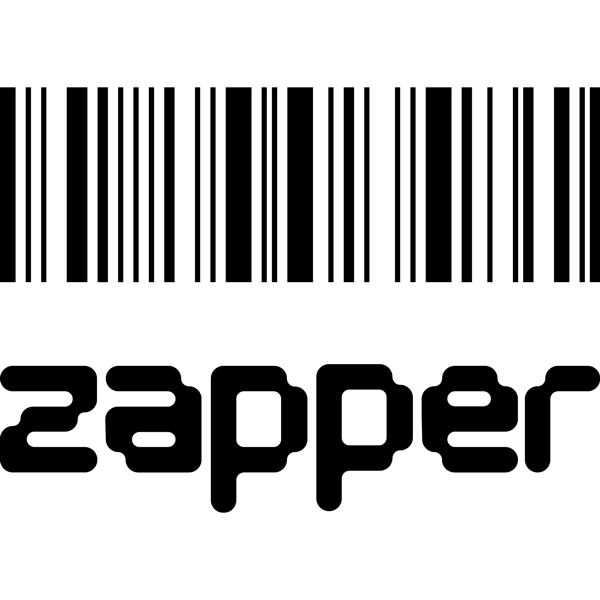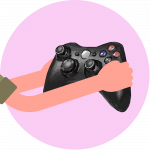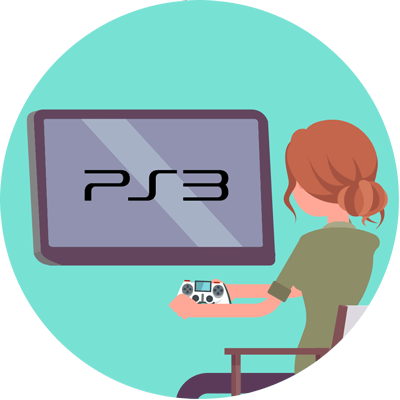In a day and age of smartphone ubiquity, it is very easy to suggest that Apple started the craze with their release of the iPhone in 2007. However, many would argue that the Blackberry was the first smartphone.

The Canadian company shot to popularity and became a genuine status symbol amongst celebrities and businessman alike. But what happened? Join us in recalling the rise and fall of Blackberry, the phones that marked the beginning of the smartphone era.
The Early Days
In June 2003 a company that produced pagers, Research in Motion (RIM), released the Blackberry 6210. The phone had no colourful touchscreen like the smartphones of today, but importantly the devices featured web browsing and email support alongside the obvious texts and calls. At this point, Blackberry’s target customers were businessman needing constant access to emails and web services. Thorsten Heins, former Blackberry CEO, told CIO in 2010 “we had a very, very successful recipe of what Blackberry was all about. There were four main pillars: battery life, typing, security and compression”. These four pillars were exactly what made Blackberry a popular choice amongst businessman, and eventually the general public.
The Rise to Popularity
Asides from the Blackberry’s obvious usability and superior capabilities at the time, the Blackberry device came to be a symbol of status. First amongst businessmen and politicians, where Barack Obama famously refused to give up his Blackberry when he took office. However it was celebrity and pop culture that really spurred on the Canadian company’s huge market growth. Endorsements from celebrities like Kim Kardashian as well as mentions in pop lyrics such as Sean Kingston’s “BBM, BBM, BBM every day” were hugely influential. At its peak in 2009, Blackberry had around a 50% market share with a stock market value of $55bn.
What Caused a Giant to Fall?
There can be several factors attributable to Blackberry’s demise. Firstly and most obviously, Apple released the iPhone in 2007 causing a complete shakeup of the phone market. The iPhone offered a completely new way of using phones with its large touchscreen and innovative operating system. Sales were already on their way down when a load of media criticism followed the London Riots. Blackberry’s social messaging service, BBM, was said to have been influential in the organising of the riots, and therefore people demanded its closure. Following media criticism, BBM users became frustrated after the service experienced severe outages culminating in a public video apology from CEO Mike Lazaridis.
Blackberry Today
It’s 2017 and Blackberry’s share of the global smartphone market has officially hit 0.0% . The phone that used to be called ‘Crackberry’ because of its addictive properties has fallen out of favour. On September this year, Blackberry announced it would no longer make its own phones and would rely on third-party suppliers for any future Blackberry branded devices. The company is turning away from hardware and will instead focus on providing software and security for businesses and their devices. How the mighty fall.
Do You Own a Blackberry?
If you, like many others, have old Blackberry phones collecting dust, sell your Blackberry to Zapper. It’s such a simple way to earn quick cash.

















